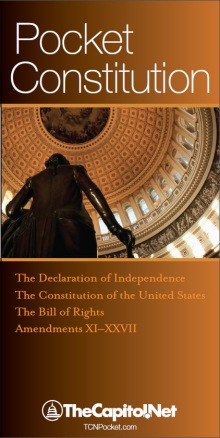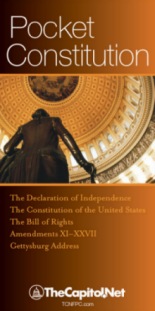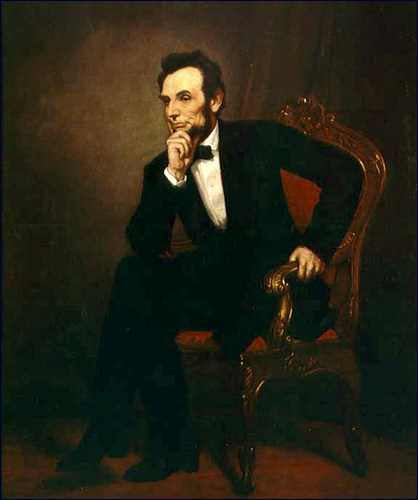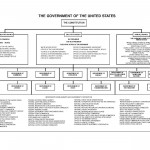- How Legislation Is Brought to the House Floor: A Snapshot of Parliamentary Practice in the 112th Congress (2011-2012), CRS Report R43039, April 15, 2013 (14-page PDF
 )
) - The STOCK Act, Insider Trading, and Public Financial Reporting by Federal Officials, CRS Report R42495, April 12, 2013 (13-page PDF
 )
) - Trends in Discretionary Spending, CRS Report RL34424, April 15, 2013 (38-page PDF
 )
) - Secret Sessions of the House and Senate: Authority, Confidentiality, and Frequency, CRS Report R42106, March 15, 2013 (11-page PDF
 )
)
Drought in the United States: Science, Policy, and Selected Federal Authorities (CRS R46911)
Drought―a deficiency of moisture that results in adverse effects―occurs to some extent almost every year in areas of the United States. Droughts can simultaneously reduce available water supplies and increase demands for water. Drought has the potential to affect economic and environmental conditions on local, regional, and national scales, as well as to cause disruptions … Read more







